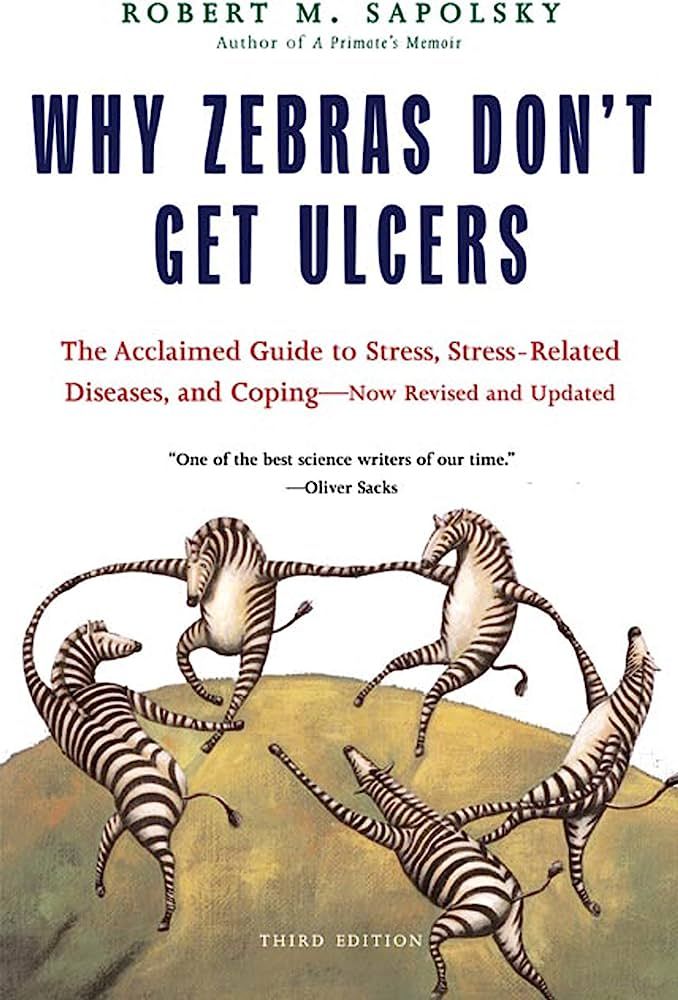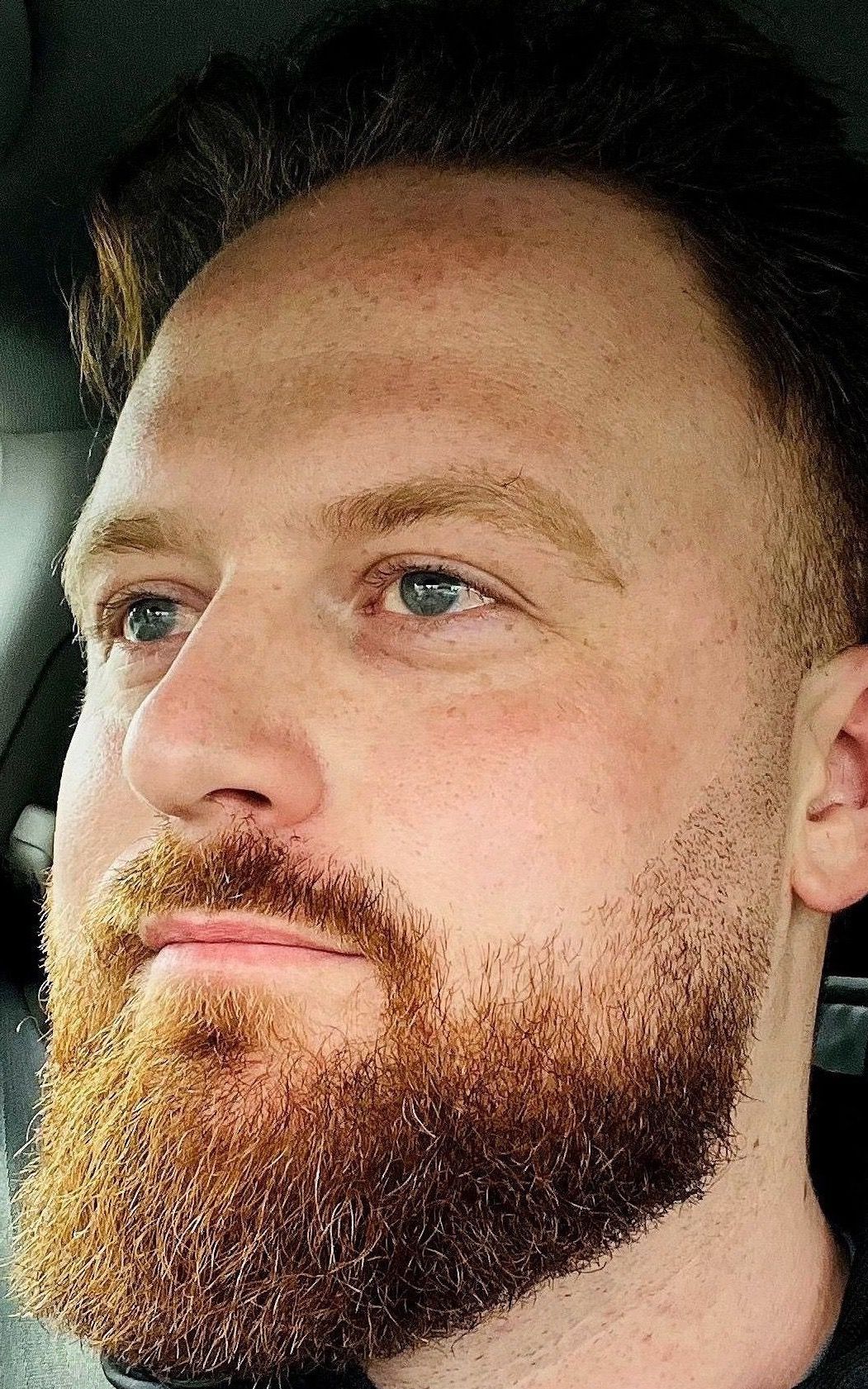Daily Journal Prompt 197 📝📜
Dive deep into the science of stress with Dr. Robert Sapolsky on the Modern Wisdom Podcast. Reflect on its impact and discover ways to manage it in our latest journal prompt.

Unraveling the Mysteries of Stress with Dr. Robert Sapolsky on the Modern Wisdom Podcast
In today's fast-paced world, stress has become an omnipresent companion for many of us. But how often do we pause to understand its intricate nature and the profound impact it has on our lives? The Modern Wisdom Podcast episode with Dr. Robert Sapolsky, a luminary in the field of neuroscience and stress research, offers a deep dive into this very subject. As I listened, I was captivated by the wealth of knowledge and insights he shared, prompting a cascade of reflections on my own experiences with stress.
The Science of Stress & The Human Body
Dr. Robert Sapolsky, a distinguished Professor at Stanford University, has dedicated his life to understanding the complexities of stress. His insights, as shared on the podcast, are not just scientific observations but profound life lessons that resonate with our daily experiences.

Key Insights from the Podcast:
- The Nature of Stress: Stress isn't just a fleeting feeling; it's a physiological response. While short-lived stress can act as a motivator, pushing us to meet deadlines or face challenges, prolonged stress can have detrimental effects. Chronic stress can lead to a weakened immune system, cardiovascular diseases, and even mental health issues. It's a silent alarm, signaling that something in our environment or our mindset needs to change.
- Neurodevelopmental Consequences: Stress doesn't just affect our present; it shapes our future. Especially in children, prolonged exposure to stress can lead to developmental issues. Dr. Sapolsky highlighted how children growing up in poverty-stricken environments, where stress is a daily companion, often face neurodevelopmental challenges. Their brains develop differently, impacting their learning abilities and emotional responses.
- Belief in Free Will: One of the most intriguing discussions revolved around the concept of free will. Do we truly have control over our actions, or are they predestined? Dr. Sapolsky delved into the relationship between our belief in free will and obesity. It's a reflection on how our beliefs shape our actions and, in turn, our health. If we believe we're in control, we're more likely to make healthier choices.

Why Every Man Should Keep A Journal
Drawing inspiration from these insights,
Journal Prompt:
Reflect on a period in your life when you felt the weight of prolonged stress. How did it manifest in your daily life? How did it shape your beliefs and actions? If you could converse with your past self, what wisdom would you share?
Challenge:
Over the next week, identify and practice one stress-reducing activity daily. Document your feelings and experiences. Share your journey with our community.
Quote of the Day: "It's not stress that kills us, it's our reaction to it." - Hans Selye
📕 Book Recommendation:

"Why Zebras Don't Get Ulcers" by Dr. Robert Sapolsky. This book offers a comprehensive look into stress, its causes, its effects, and how we can manage it. It's a must-read for anyone looking to understand this complex phenomenon that affects us all.
Embracing the Journey of Self-Reflection
Understanding stress is more than just a scientific endeavor; it's a journey of self-reflection. Each one of us has our unique stressors, our triggers, and our coping mechanisms. By understanding the science behind stress, we can better navigate its challenges, ensuring that we don't just survive but thrive in the face of adversity.
If this prompt resonated with you, consider signing up for our newsletter. Engage, reflect, and let's journey together.
With all my heart,
Your Friend, Austin ❤✌
You might be reading this this but if you're not subscribed you could be missing out on exclusive content and other articles just like these. So please Leave a thumbs up, subscribe and i'll catch you on the next one! ✌🏻
Until our next rendezvous
With all my heart,
Your Friend, Austin ❤✌
P.S. Many of you asked how you can help support this journaling movement, the most helpful thing you can do is leave a thumbs up 👍 leave a comment 💬 and share this post with your friends and family who might also find this topic interesting. As this continues to grow I plan to add some kind of referral program to reward your support and I am also currently working behind the scenes on some exciting projects and giveaways for you all so stay tuned for that. Thank you all so much! Happy journaling! ♥
p. ps: I recently partnered with Amazon's affiliate program so any link provided on this post or any other place on my site that you may click on and make a purchase I will receive a small commission. I personally select what products are featured on here and I will never recommend anything I don't already use myself. Thank you all for the continued love and support.



